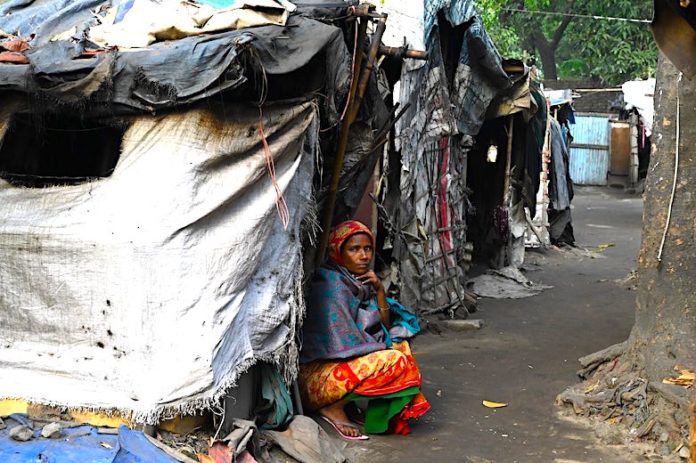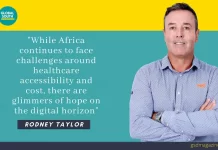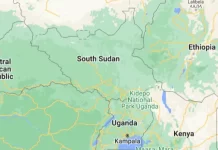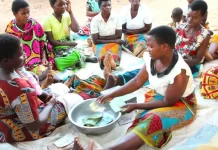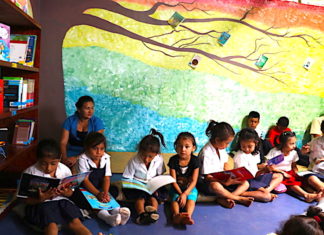Efforts to stem the impact of COVID-19 in low to middle-income countries could be creating a health time bomb in their slum communities by deepening existing inequalities, according to an international team of health researchers led by the University of Warwick.
Measures to control the coronavirus, such as quarantining and restricting travel, are exacerbating existing economic hardship and limited access to quality healthcare in these communities, creating a ‘perfect storm’ of factors that harm health in the short and long term.
However, the research- funded by the National Institute for Health Research (NIHR)- has identified that adopting mobile consulting and upskilling local providers could be an effective way to provide access to healthcare services for residents.
The conclusions are drawn from research with community leaders, residents, health workers, volunteers, and managers working on the ground in slum communities of Bangladesh, Kenya, Nigeria, and Pakistan. The study is published in the journal BMJ Global Health.
In some cases, residents were reluctant to travel to formal healthcare facilities due to the risk of infection or stigmatisation.
The researchers define a slum as an area of high population density that lacks sanitation, clean water, safe and durable housing, as well as basic services. The crowded conditions and poor sanitation in slums makes the recommended methods of controlling COVID-19 – such as regular handwashing and social distancing- a challenge in these communities.
In addition, restrictions on travel and the economy limit work opportunities and access to quality healthcare for these communities, both of which often require people to travel long distances.
Those interviewed by the research team reported that residents were turning more frequently to home remedies, pharmacies or patent medicine vendors, traditional healers and private health centres, due to the disruption in health services. Many of these are not part of formal public health systems, and staff are often not qualified.
In some cases, residents were reluctant to travel to formal healthcare facilities due to the risk of infection or stigmatisation. Prior to COVID-19, illnesses that were perceived to be common by local health workers included respiratory, gastric, waterborne and mosquito-borne illnesses and hypertension.
However, the researchers argue that less formal services may play a vital part in communicating health information in slum communities, and that focus should be made by governments to ‘upskill’ those workers.
“Patent medicine vendors and traditional healers live and work in these neighbourhoods,” says Frances Griffiths, lead author and Professor at Warwick Medical School said. “They are in a good position to advise residents and direct them to formal healthcare when it is in the patient’s best interest, and should be supported in doing this.”
“Local healthcare providers should plan for remote consulting to reduce patient contact and reserve personal protective equipment for necessary face-to-face contact,” he adds.
Health and economic inequalities are exacerbated by efforts to control COVID-19, potentially storing up health problems for the long-term.
To aid in social distancing measures, some health workers and residents reported using their phones for accessing healthcare remotely. The WHO advises the use of mobile consulting to protect health workers and patients but gives little detail about how. However, there is growing evidence of the potential for mobile consulting to enhance the provision of healthcare to remote and marginalised populations.
“These communities are already disadvantaged,” adds Professor Griffiths. “There is a danger of them being further disadvantaged by restrictions to control COVID-19 for the wider population and by increasing prices for drugs, healthcare and transport.”
The research team were already investigating access to health care in slum communities as part of the NIHR Global Health Research Unit on Improving Health in Slums. In light of the COVID-19-related lockdowns imposed in each country, the team expanded the scope of the project by rapidly employing a new phase of stakeholder engagement focused on the impact of COVID-19.


